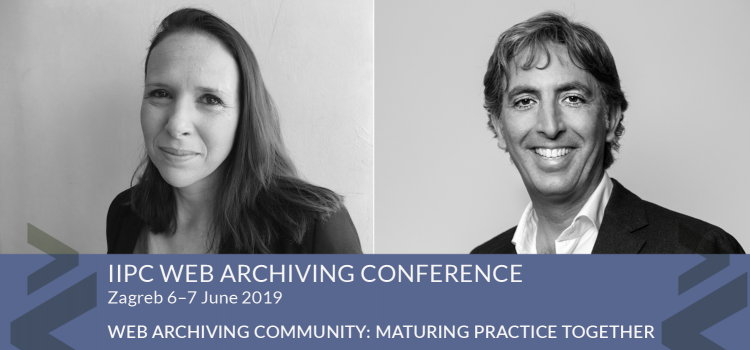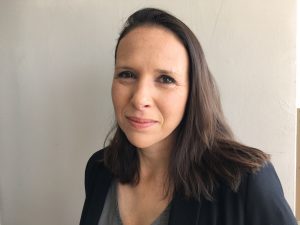
Harry Verwayen
Thursday, 6 June 9:00-10:00
Mirror World
Abstract: The European Year of Cultural Heritage 2018 made us all conscious of the social and economic impact our sector can have, being part of the fast-growing cultural and creative industries in Europe. Not only do we contribute access to valuable content resources, but the sector is seen more and more as an R&D lab, fertile soil, an environment in which technological, behavioural and organisational experimentation can take place safely.
At the same time, the world around us continues to change. Artificial intelligence is fast gaining terrain, 3D is becoming more prevalent as a medium, and web archiving is an increasingly important component of the activities of libraries and archives.
What is critical for us is to understand how we stay relevant in this changing landscape. Using Europeana as an example, we will explore what the foreseeable opportunities are for (web)archives and how we can successfully adapt to these opportunities.
Harry Verwayen is Executive Director of the Europeana Foundation, the operator of the European platform. Europeana supports museums, galleries and archives in digital transformation by making their digital collections available as widely as possible so that people can find and use them. For work, for learning or just for fun. Their work is guided by creative collaboration, supportive teamwork and the idea that sharing and reusing cultural content can positively transform the world. Prior to this Harry worked at the Amsterdam based think tank Knowledgeland where he was responsible for business model innovation in the cultural heritage sector. Harry holds a MA in History from Leiden University and has worked over ten years in the Academic Publishing Industry.
Dr Anat Ben-David
Friday, 7 June 9:00-10:00
Web archives as Memoryware: Critical reflections on sources and methods for web history
Following the familiar distinction between software and hardware, this talk argues that web archives deserve to be treated as a third category –memoryware: specific forms of preservation techniques which involve both software and hardware, but also crawlers, bots, curators and users. While historically the term memoryware refers to the art of cementing together bits and pieces of sentimental objects to commemorate loved ones,understanding web archives as complex socio-technical memoryware moves beyond their perception as bits and pieces of the live web. Instead, web archives as memoryware hints at the premise of the web’s exceptionalism in media and communication history, and calls for revisiting some of the concepts and best practices in web archiving and web archive research that have consolidated over the years. The talk will therefore present new challenges for web archive research, by turning a critical eye on web archiving itself, and on the specific types of histories that are constructed with web archives.
 Dr. Anat Ben-David is a senior lecturer in the Department of Sociology, Political Science and Communication, and co-founder of the Open Media and Information Lab at the Open University of Israel. Focusing on the intersection between New Media and Science and Technology Studies, Ben-David researches the geopolitics of the web and online platforms.
Dr. Anat Ben-David is a senior lecturer in the Department of Sociology, Political Science and Communication, and co-founder of the Open Media and Information Lab at the Open University of Israel. Focusing on the intersection between New Media and Science and Technology Studies, Ben-David researches the geopolitics of the web and online platforms.
Ben-David published several articles and book chapters on web history and web archive research, in which she used the archived web to study the histories of national webs of countries in transition, such as Palestine, the former Yugoslavia, Kosovo, and North Korea. Methodologically, Ben-David’s research attempts to develop computational methods and tools for advancing the scholarly use of web archives by social scientists.
